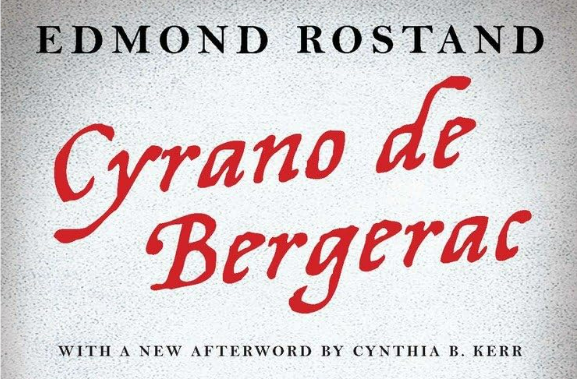Scene 3. XII.
byScene 3. XII. of Cyrano de Bergerac brings a moment of mixed emotions, capturing the surprise and admiration of De Guiche as he stumbles upon the newly wed Roxane and Christian. Their joy and love are evident, yet it is through this encounter that De Guiche comes to grudgingly respect Cyrano’s clever manipulation that led to this marriage, a move he sarcastically suggests would even interest the saints at the gates of Paradise. Despite his admiration, there is an underlying tension, as De Guiche’s role as the authority figure who orchestrates the soldiers’ departure takes center stage, casting a shadow over the happy moment. He views this successful union not just with recognition but with the calculating lens of someone who might seek to tear it apart for his own reasons, introducing an intriguing dynamic of rivalry and strategy into the narrative.
As the scene unfolds, the atmosphere shifts rapidly from celebration to foreboding, exemplified by the presence of the friar who officiated the marriage, Ragueneau, and the bewildered duenna. The joy of the moment stands in stark contrast to the interruption brought by De Guiche’s cold announcement—Christian’s regiment, including the Gascony Cadets, is to leave for battle immediately. This news brings a sharp, painful reality to the couple’s happiness, emphasizing the relentless clash between personal desires and the unyielding demands of duty. The timing of the soldiers’ departure, right after their union, is almost cruel in its precision, undermining their love and leaving them with the bittersweet knowledge that their fleeting moment together will be cut short.
Roxane, unable to contain her grief, clings desperately to Christian, her hands trembling with the knowledge that their newly discovered happiness is about to be ripped away. She pleads for more time, but De Guiche’s coldness only sharpens her despair as he points out the futility of her desire, emphasizing that their wedding night and any moments of closeness are now distant and uncertain. This heartbreaking realization hangs in the air, setting a tone of sorrow for the chapter’s resolution. Roxane’s distress is compounded by the sense that the deep emotional connection she shares with Christian might be undermined by the harsh realities of war, time, and distance. Her vulnerability is made all the more painful by De Guiche’s seeming satisfaction with the cruel timing of their separation.
Christian and Roxane share a final, poignant exchange that encapsulates the depth of their love but also the brutal unfairness of their situation. Christian’s reluctance to part from her mirrors Roxane’s anguish, yet the couple knows their devotion cannot be marred by this momentary separation. Cyrano, ever the protector of their love, watches from a distance, his heart heavy with knowledge of the emotional toll this separation will bring. His silent observation underscores the complexity of his role in their happiness—he has been instrumental in their union, yet the cost of this victory is now clear as he watches their pain unfold. The weight of Cyrano’s sacrifice for their happiness is evident, though he remains steadfast in his own silent suffering.
The chapter’s emotional charge intensifies as De Guiche, aware of the painful consequences of this separation, sneers at Cyrano. His words are pointed, designed to add to the emotional strife of the situation, hinting at the torment that will follow this forced parting. The rivalry between Cyrano and De Guiche is not just rooted in personal animosity but also in the broader context of duty, honor, and love, making each of their exchanges fraught with deeper meaning. The complex relationships between the characters, marked by love, rivalry, sacrifice, and the burdens of duty, set the stage for the drama that will unfold as the war continues and each character faces their own emotional and physical battles.
This chapter effectively interweaves the themes of love, loyalty, duty, and sacrifice, highlighting the human cost of war and the harsh reality that often intrudes on the purest of human connections. Cyrano’s role as a steadfast protector of Christian and Roxane’s love is underscored by the personal pain he endures, knowing that his efforts to secure their happiness are marred by the realities of war. The fleeting nature of love, the inevitability of separation, and the unrelenting pressures of duty create a poignant atmosphere that carries through the chapter. In the end, despite the emotional turmoil, there remains an enduring sense of strength in the characters’ resilience, their unwavering devotion to one another, and their determination to fight for love and honor, no matter the cost.


